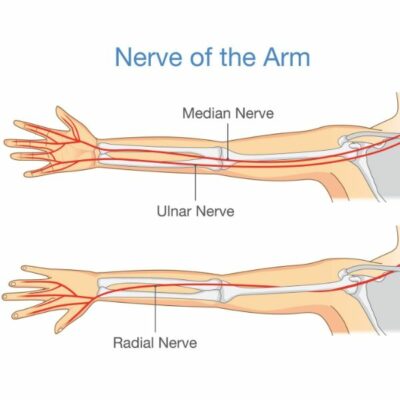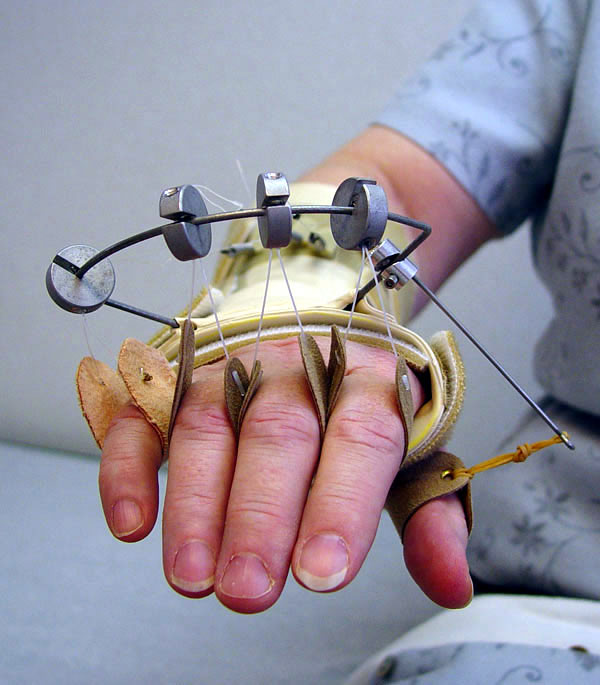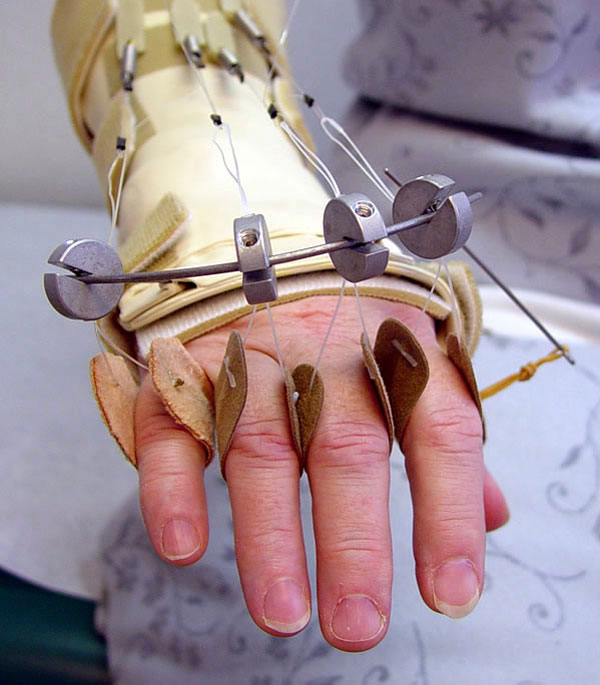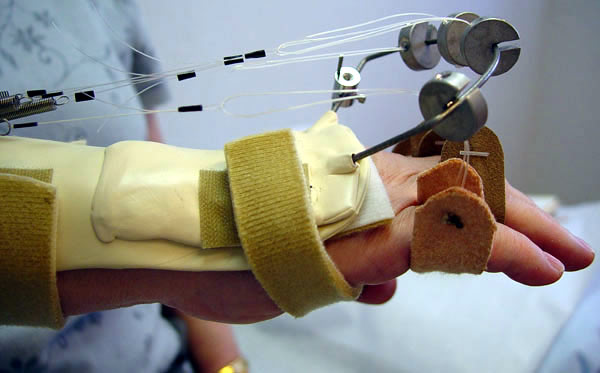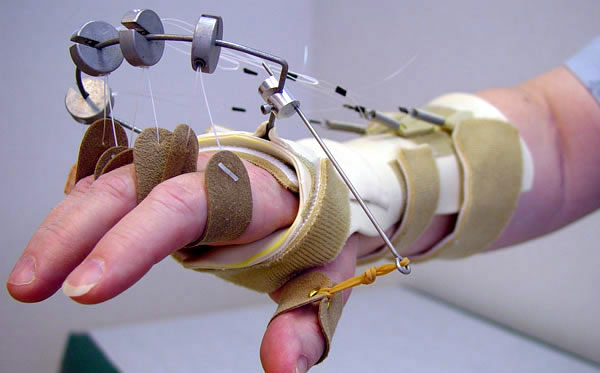Pinched Nerve Specialist

Have you experienced numbness, tingling or weakness in your hand and fingers? If so, you may be experiencing an uncommon nerve compression, or pinched nerve. Uncommon nerve compression syndromes are any number of signs and symptoms that relate to a particular disorder. Pinched nerve specialist, Dr. James Mazzara provides diagnosis and both surgical and nonsurgical treatment options for patients in Manchester, South Windsor, Enfield, Glastonbury and surrounding Hartford communities who are suffering from uncommon nerve compression syndrome. Contact Dr. Mazzara’s team today!
What are peripheral nerves?
The peripheral nerves are a complicated network of nerves that allow the brain and spinal cord to communicate with the body. Three major peripheral nerves travel from the shoulder, through the elbow, to the forearm, hand and fingers. These peripheral nerves are called the median, radial and ulnar nerves. Each nerve has a complex pathway intertwining between and around the other soft tissue structures and through the elbow joint that allow stability and mobility.
Each peripheral nerve glides freely in a pulleyed tunnel allowing motion and soft tissue protection. The peripheral nerves are fragile and can be damaged easily. When one of these nerves suffer an injury, Dr. James Mazzara, orthopedic elbow specialist serving Manchester, South Windsor, Enfield, Glastonbury and surrounding Hartford communities can help.
What are uncommon nerve compression syndromes of the elbow?
Compression or entrapment of a nerve simply means the nerve is being squeezed, or pinched. A “syndrome” is a name given to a certain set of signs and symptoms that relate to a particular disorder. Here are few uncommon nerve compressions of the elbow:
- Cubital tunnel syndrome: A condition that involves pressure or stretching of the ulnar nerve, or “funny bone” nerve. This uncommon nerve compression can cause numbness or tingling in half of the ring finger and the little finger. In more advanced cases, numbness is constant and hand weakness may be present. There may be aching in the arm that goes through the entire arm, from the shoulder to the hand. Your history and examination may be enough for Dr. Mazzara to make a diagnosis, but additional testing including and electromyograph (EMG) nerve conduction test may be needed in less obvious cases.
- Radial tunnel syndrome: One of the uncommon nerve compression syndromes that include a dull, aching pain at the top of the forearm with use. Although less common, symptoms can also occur at the back of the hand or wrist. Symptoms are caused by pressure or compression on Radial nerve at the elbow. It may be confused with tennis elbow, also called lateral epicondylitis. A small number of patients may have both tennis elbow and radial tunnel syndrome. It takes considerable expertise and experience to clearly make this diagnosis since nerve testing is always negative in this syndrome.
- Posterior interosseous nerve compression: A branch of the median nerve may be compressed by a muscle or other soft tissue structure in the elbow area from overuse of trauma. This pressure may result in aching in the upper forearm and weakness when straightening or extending the fingers and wrist. A nerve conduction test and an MRI are essential to confirming this condition. This uncommon nerve compression syndrome is marked by weakness and difficulty moving the index and middle fingers. There may be pain in the forearm.
- Anterior interosseous nerve compression: is due to compression of a portion of the median nerve in the elbow area due to bands of soft tissue from trauma or overuse. It always results in weakness of the thumb and index (pointer) finger but is not associated with any numbness or tingling. There is usually no pain associated with this condition.
- Pronator syndrome: is compression of the median nerve around the elbow. It is common in individuals in their 40’s, women more than men and in weight trainers. Patients may complain of numbness and tingling in the thumb, index, middle and half of ring finger just like patients with carpal tunnel syndrome. The difference is that patients with pronator syndrome have aching in the upper forearm and do not complain of hand numbness and tingling that wakes them up at night. They may also have numbness in the palm of the hand and not just the fingers. Nerve conduction testing may not always be helpful in confirming this syndrome but may be needed to be certain that no other nerves are involved.
What is the treatment for uncommon nerve compression syndromes of the elbow?
Treatment can vary greatly for entrapped nerves and often depends of the severity of nerve compression, age of patient, expected outcome and method of injury. Treatment can be as simple as rest and anti-inflammatory medication. More serious cases of compression syndrome may require surgery. It is important to consult with Dr. Mazzara regarding all of your symptoms and treatment options. His team of orthopedic specialists can guide patients toward the best treatment for their uncommon nerve compression.
The Numb Hand Presentation
Radial Nerve Palsy / Dynamic Brace
(Click to Enlarge)
For more information about uncommon nerve compression syndromes of the elbow, please contact the orthopedic office of Dr. James Mazzara, elbow specialist, serving patients living in Manchester, South Windsor, Enfield, Glastonbury and surrounding Hartford Connecticut communities.
